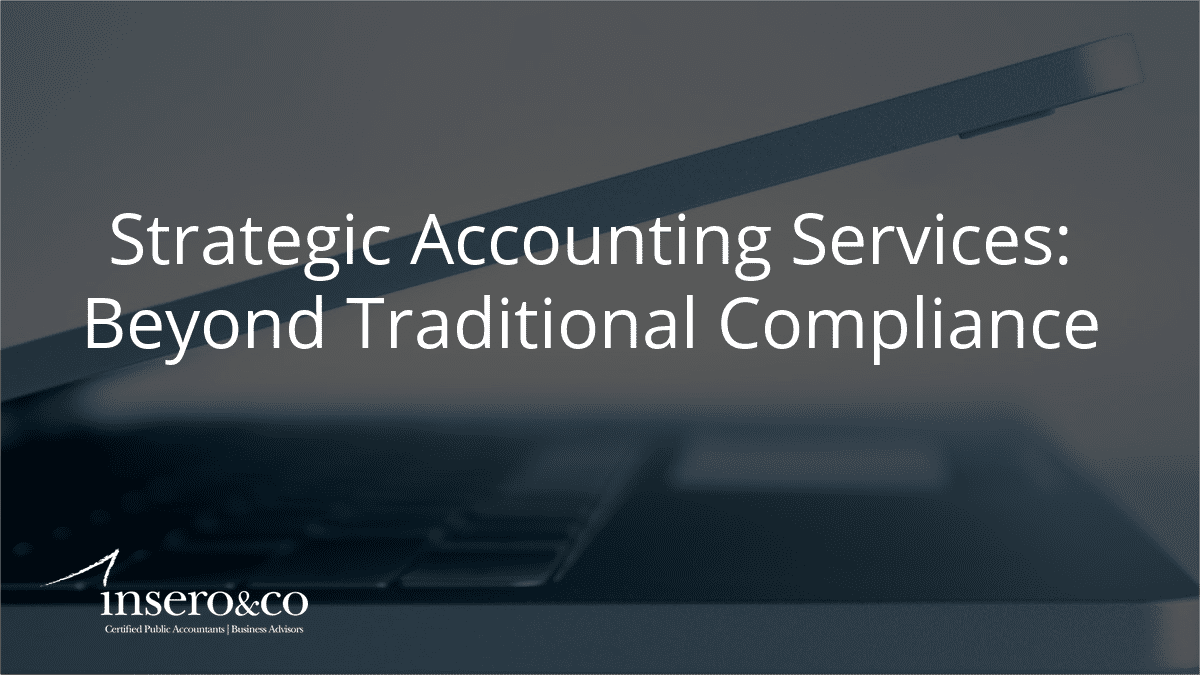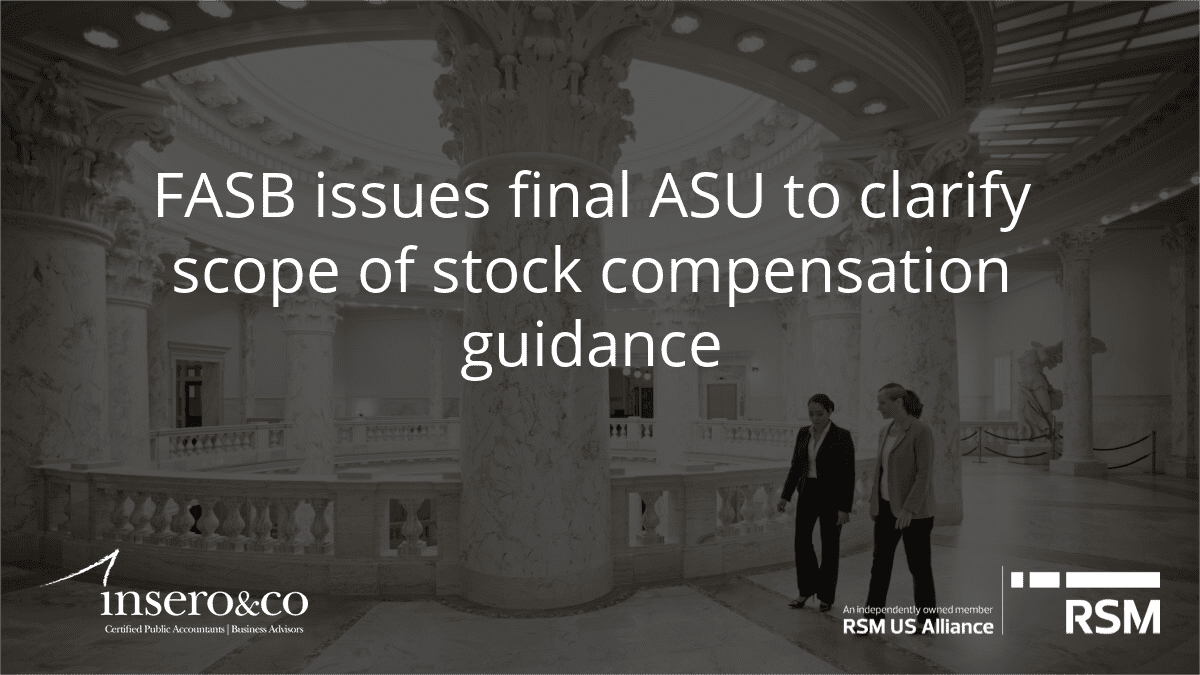INSIGHT ARTICLE |
Authored by RSM US LLP
This article was originally published on January 13, 2020
It should be easy to know where you live, but for state personal income tax purposes, the question becomes “where are you domiciled?” Most states generally impose personal income tax on the income earned by taxpayers (regardless of where that income is earned) who are “domiciled,” i.e., permanently residing within their borders. It can be crucial for certain taxpayers to understand how states determine domicile, particularly considering taxpayers that own more than one residence or that temporarily relocate for work or personal obligations.
An Alabama Tax Tribunal decision illustrates the complexity of establishing a domicile. In Sawyer v. Alabama Department of Revenue, the tax tribunal determined that a taxpayer was not subject to an assessment of Alabama personal income tax because the taxpayer was not domiciled in Alabama. The taxpayer lived with his mother in Alabama until 1998 when he moved to Georgia. While living in Georgia, the taxpayer started a business and then subsequently moved to Nevada in 2006. Since the inception of his business, the taxpayer’s Alabama-domiciled mother handled the books and other necessary administrative duties. The taxpayer also maintained an Alabama driver’s license and registered his personal and business vehicles in Alabama. In 2012, the taxpayer moved back to Georgia and lived there until 2015 when he finally returned to Alabama.
The tribunal found that the taxpayer abandoned his Alabama domicile in 1998 and did not re-establish his Alabama domicile until 2015. The taxpayer’s abandonment of Alabama was not considered to be a mere absence from the state because the taxpayer had no intention of returning to Alabama upon his decision to move to Nevada to focus on his business. The facts also supported the position that the taxpayer moved to Nevada with the intent on living there permanently – providing evidence of house leases, utility bills and voter registration documents. Finally, the tribunal noted that the fact that the taxpayer’s mother handled the books for his business from Alabama, that the taxpayer maintained an Alabama driver’s license and that he registered his personal business vehicles in Alabama did not mean that the taxpayer was domiciled in Alabama.
Those who maintain multiple residences should consider whether a change in domicile has occurred. The analysis is usually very fact specific, the salient question being where do you intend to stay permanently? A few questions to consider in determining whether a change in domicile has occurred:
- Does the state maintain a statutory length of stay to qualify as a resident, i.e., 183 days?
- Are you registered to drive and/or vote in the state?
- Do you own or lease property in the state?
- Are you employed in the state?
- Is your family located in the state?
- Have you made other affirmative actions indicating your intent to stay permanently?
Generally, no one factor is determinative, but it’s easy to imagine a situation in which you unknowingly and unintentionally become domiciled in a different state. If you reside in or earn income in more than one state, you should be familiar with how the establishment of a new domicile may impact your personal income tax obligations – whether credits are available for taxes paid to other states, and whether and to what extent your income must be reported to the state. Additionally, changing domicile may be advantageous under a number of other circumstances not addressed here.

Brian Kirkell
Principal
Brian provides advanced technical analysis of state and local tax issues important to middle market businesses. Reach him at brian.kirkell@rsmus.com.
Areas of focus: Washington National Tax, State and Local Tax, Online and Remote Seller Sales Tax
Do you have questions or want to talk?
Call us at (800) 232-9547 or fill out the form below and we’ll contact you to discuss your specific situation.
This article was written by RSM US LLP and originally appeared on 2021-09-20.
2021 RSM US LLP. All rights reserved.
https://rsmus.com/what-we-do/services/tax/state-and-local-tax/income-and-franchise/multiple-residences-where-is-income-reported.html
The information contained herein is general in nature and based on authorities that are subject to change. RSM US LLP guarantees neither the accuracy nor completeness of any information and is not responsible for any errors or omissions, or for results obtained by others as a result of reliance upon such information. RSM US LLP assumes no obligation to inform the reader of any changes in tax laws or other factors that could affect information contained herein. This publication does not, and is not intended to, provide legal, tax or accounting advice, and readers should consult their tax advisors concerning the application of tax laws to their particular situations. This analysis is not tax advice and is not intended or written to be used, and cannot be used, for purposes of avoiding tax penalties that may be imposed on any taxpayer.
RSM US Alliance provides its members with access to resources of RSM US LLP. RSM US Alliance member firms are separate and independent businesses and legal entities that are responsible for their own acts and omissions, and each are separate and independent from RSM US LLP. RSM US LLP is the U.S. member firm of RSM International, a global network of independent audit, tax, and consulting firms. Members of RSM US Alliance have access to RSM International resources through RSM US LLP but are not member firms of RSM International. Visit rsmus.com/aboutus for more information regarding RSM US LLP and RSM International. The RSM(tm) brandmark is used under license by RSM US LLP. RSM US Alliance products and services are proprietary to RSM US LLP.

Insero & Co. CPAs, LLP is a proud member of RSM US Alliance, a premier affiliation of independent accounting and consulting firms in the United States. RSM US Alliance provides our firm with access to resources of RSM US LLP, the leading provider of audit, tax and consulting services focused on the middle market. RSM US LLP is a licensed CPA firm and the U.S. member of RSM International, a global network of independent audit, tax and consulting firms with more than 43,000 people in over 120 countries.
Our membership in RSM US Alliance has elevated our capabilities in the marketplace, helping to differentiate our firm from the competition while allowing us to maintain our independence and entrepreneurial culture. We have access to a valuable peer network of like-sized firms as well as a broad range of tools, expertise, and technical resources.
For more information on how Insero & Co. CPAs can assist you, please call (800) 232-9547.




